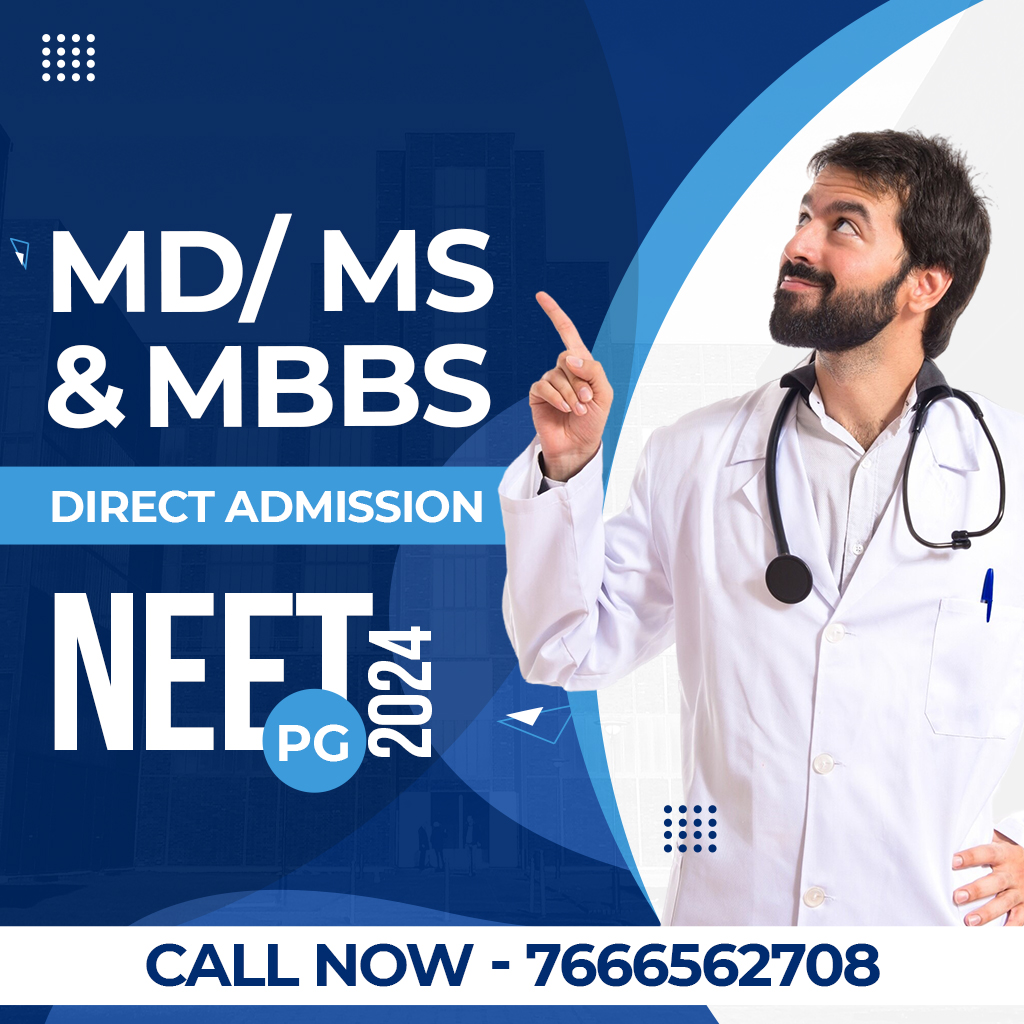more information
TogglePursuing Direct MD Radiotherapy in India: A Path to Healing
Introduction:
In India, pursuing a Master’s in Medicine (MD) in Radiotherapy is a promising journey for those passionate about treating cancer. This specialized field focuses on using advanced techniques to administer radiation therapy for cancer patients. Admission into MD Radiotherapy programs in India opens doors to a rewarding career in healthcare.
Academic Requirements:
To embark on the Direct MD Radiotherapy journey, aspiring students need to meet certain academic criteria. A bachelor’s degree in medicine (MBBS) is the first step. Good grades in relevant subjects during undergraduate studies play a crucial role in the admission process. Additionally, many institutions conduct entrance exams to assess the knowledge and aptitude of candidates.
Entrance Exams:
Several medical universities and colleges in India conduct entrance exams for Direct MD Radiotherapy admissions. These exams test candidates on subjects related to radiotherapy, oncology, and general medicine. Clearing these exams is a key step toward securing admission.
Application Process:
Once the entrance exams are successfully completed, candidates can apply to various medical institutions offering Direct MD Radiotherapy programs. The application process typically involves submitting academic transcripts, exam scores, and personal statements. Some institutions may also require letters of recommendation.
Interviews and Counselling:
Shortlisted candidates often go through interviews as part of the admission process. The purpose is to assess their communication skills, understanding of the field, and passion for radiotherapy. Following the interviews, counseling sessions help candidates choose the right institutions and understand the course structure.
Course Structure:
Direct MD Radiotherapy programs in India are designed to provide in-depth knowledge and hands-on experience in treating cancer through radiation therapy. The curriculum covers various aspects, including radiobiology, radiation physics, and clinical oncology. Practical training in hospitals and clinics is a crucial component, allowing students to apply theoretical knowledge in real-world scenarios.
Clinical Rotations:
Clinical rotations are an integral part of MD Radiotherapy programs. Students gain practical experience by working alongside experienced professionals in oncology departments. These rotations help develop clinical skills, enhance decision-making abilities, and provide exposure to diverse cases.
Research Opportunities:
Many MD Radiotherapy programs encourage students to engage in research activities. Research projects allow students to explore innovative approaches, contribute to the field’s knowledge, and stay updated with the latest advancements in radiotherapy.
Career Prospects:
Upon successful completion of the MD Radiotherapy program, graduates have diverse career opportunities. They can work in hospitals, cancer treatment centers, or research institutions. Some may choose to specialize further in areas like pediatric oncology or brachytherapy.
Conclusion:
Pursuing MD Radiotherapy in India is a challenging yet fulfilling path for individuals committed to making a positive impact in cancer treatment. The admission process involves academic achievements, entrance exams, interviews, and counseling. The comprehensive curriculum, hands-on experience, and research opportunities prepare students for a rewarding career in the crucial field of radiotherapy, contributing to the fight against cancer.


